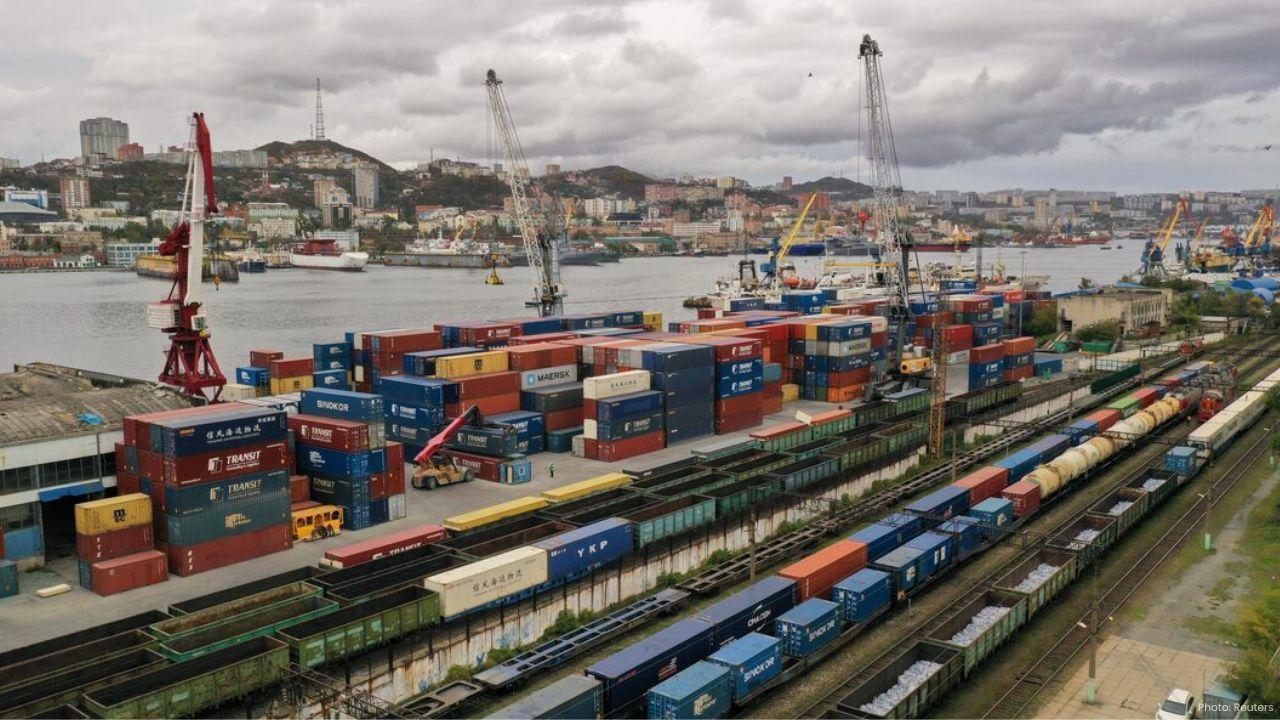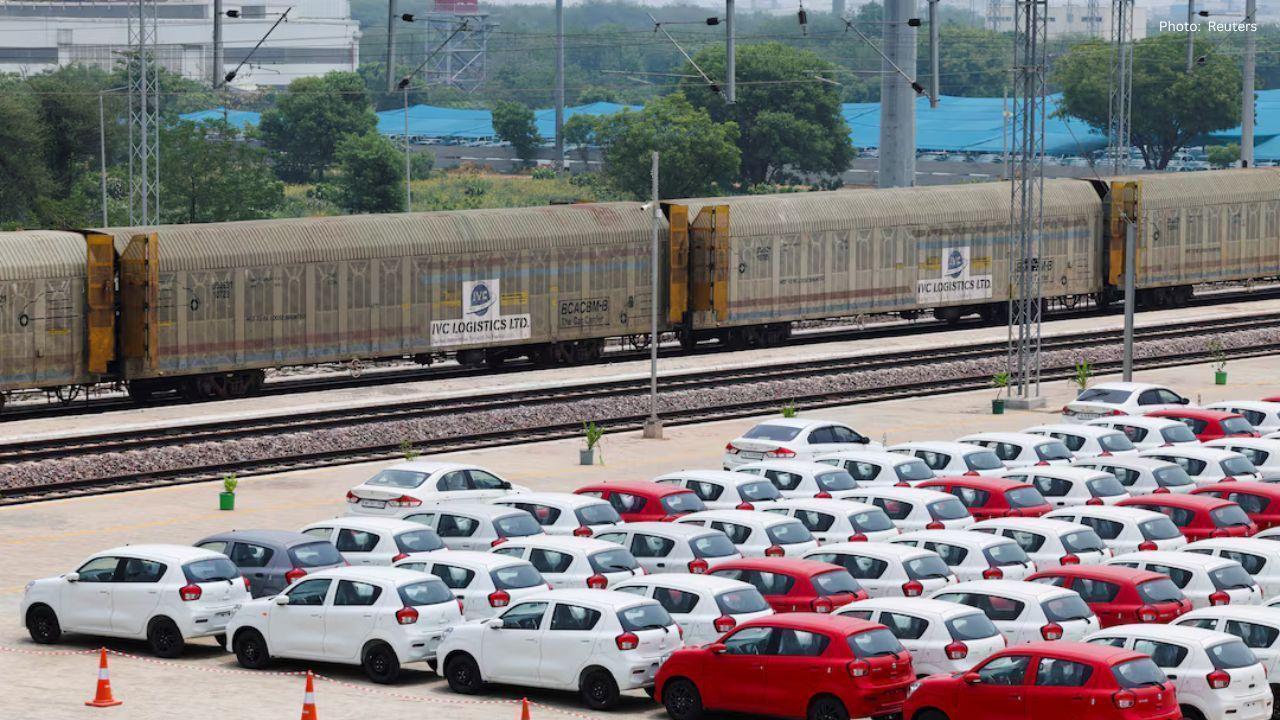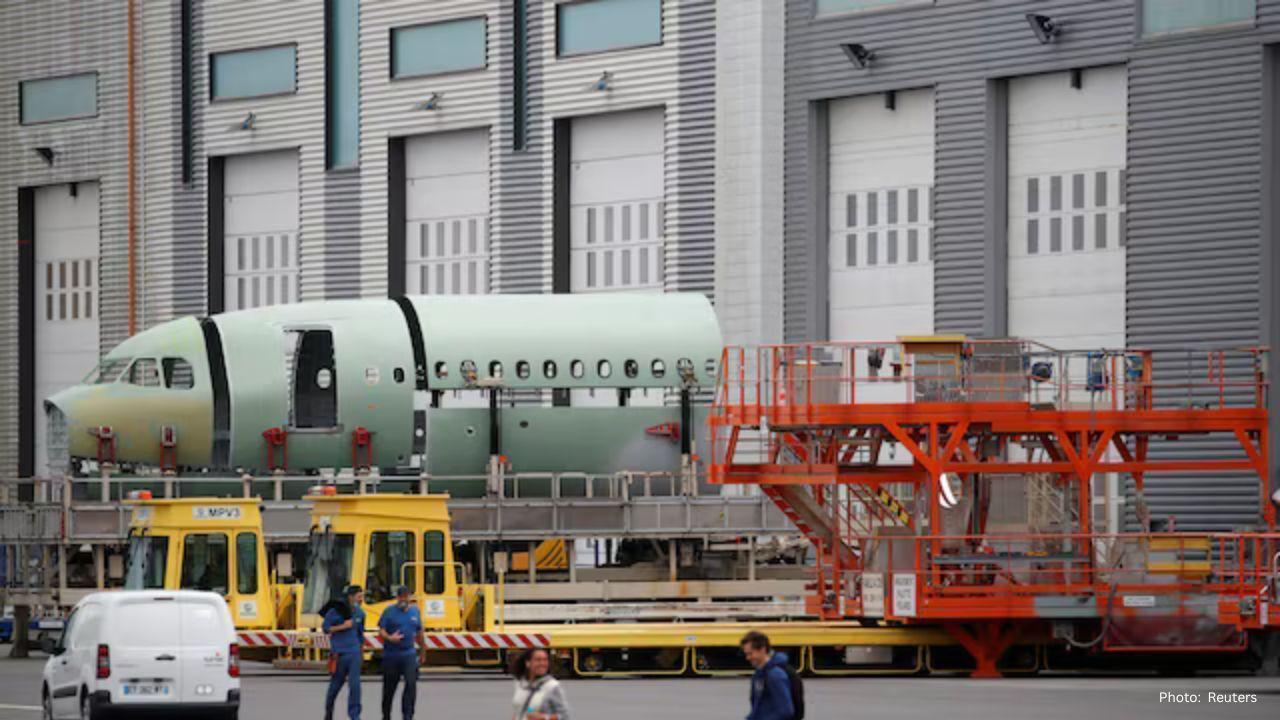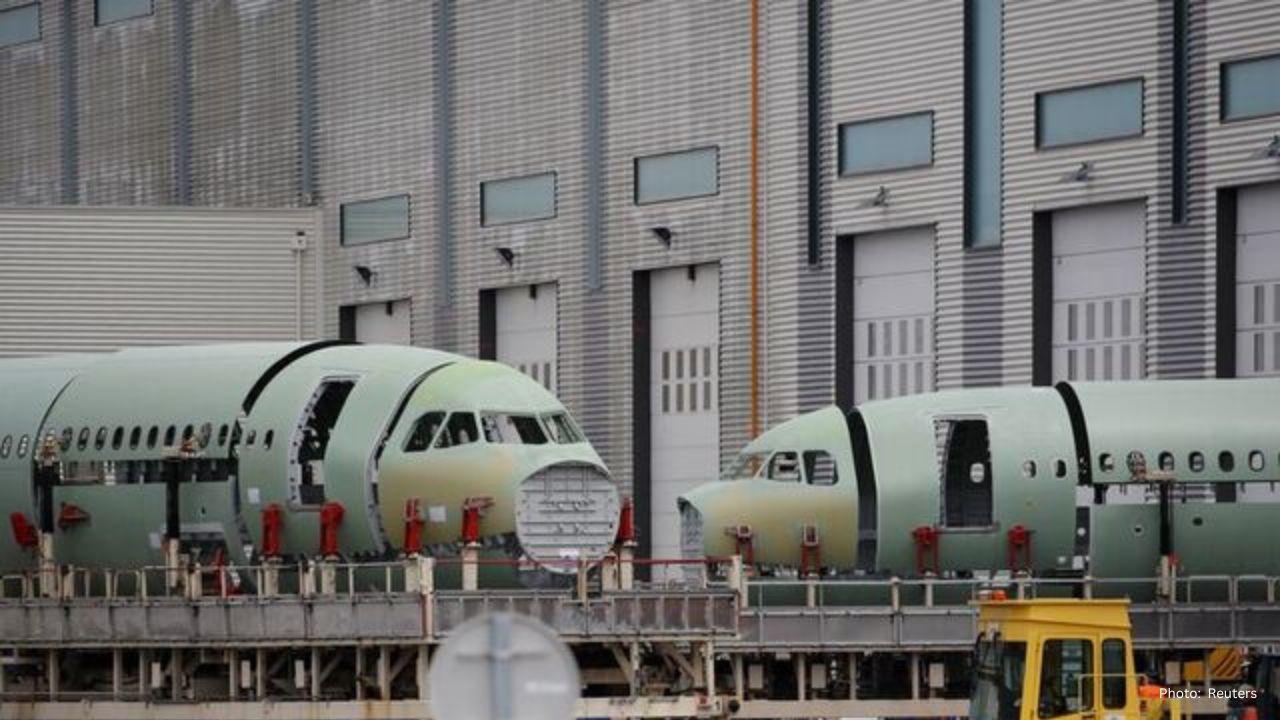
Post by : Meena Rani
India is moving ahead with a major infrastructure initiative aimed at strengthening the northeastern border regions that share boundaries with China. The government has approved an investment of $3.4 billion (around ₹300 billion) to construct 500 kilometers of new railway lines. This ambitious project is designed to improve transportation, boost local economies, and enhance strategic security in areas that are remote and challenging to access.
Project Overview
The planned railway network will cover multiple remote regions in the northeastern states of India. These areas are not only geographically challenging, with hilly terrains, dense forests, and rivers, but also of great strategic importance due to their proximity to the China border. The project includes building new railway tracks, tunnels, and bridges to ensure smooth connectivity. Construction is expected to be completed in approximately four years.
Strategic Significance
This railway project is vital for both civilian and defense purposes. By providing faster, more reliable transportation options, it will allow goods, services, and people to move efficiently. In case of emergencies or security situations, the rail network can play a critical role in mobilizing resources quickly. Strengthening rail connectivity in these regions will complement India’s defense preparedness along the border.
Integration with Road Infrastructure
The new railway lines are part of a broader plan to create a comprehensive transportation network in the northeast. Over the last decade, India has constructed nearly 10,000 kilometers of roads and highways in the region, with another 5,000 kilometers under development. Connecting the road and rail systems will create a seamless network that supports both economic activity and defense logistics, making it easier to transport goods, services, and essential supplies.
Impact on Local Communities
The railway project will significantly benefit people living in remote areas. Improved connectivity will give residents better access to healthcare, education, and markets. Daily life will become easier with faster transportation and more travel options. Additionally, better transport links are expected to encourage tourism and promote local businesses, leading to economic development and job creation in these regions.
Engineering and Environmental Considerations
Constructing railways in the northeast comes with its challenges. The region is prone to landslides, heavy rainfall, and seismic activity. Engineers will have to design tunnels, bridges, and tracks that are strong, safe, and environmentally sustainable. Measures will be taken to minimize the impact on forests, rivers, and wildlife while ensuring the project meets all safety and environmental standards.
India’s $3.4 billion investment in railway lines near the China border marks a major step in improving infrastructure, security, and connectivity in the northeast. By linking remote areas to the rest of the country, the project will not only strengthen national defense but also improve the daily lives of thousands of residents. Once completed, these railways will stand as a symbol of India’s commitment to developing its border regions, boosting the economy, and enhancing strategic readiness.
India, Railway Project, China Border, Infrastructure, Connectivity










Advances in Aerospace Technology and Commercial Aviation Recovery
Insights into breakthrough aerospace technologies and commercial aviation’s recovery amid 2025 chall

Defense Modernization and Strategic Spending Trends
Explore key trends in global defense modernization and strategic military spending shaping 2025 secu

Tens of Thousands Protest in Serbia on Anniversary of Deadly Roof Collapse
Tens of thousands in Novi Sad mark a year since a deadly station roof collapse that killed 16, prote

Canada PM Carney Apologizes to Trump Over Controversial Reagan Anti-Tariff Ad
Canadian PM Mark Carney apologized to President Trump over an Ontario anti-tariff ad quoting Reagan,

The ad that stirred a hornets nest, and made Canadian PM Carney say sorry to Trump
Canadian PM Mark Carney apologizes to US President Trump after a tariff-related ad causes diplomatic

Bengaluru-Mumbai Superfast Train Approved After 30-Year Wait
Railways approves new superfast train connecting Bengaluru and Mumbai, ending a 30-year demand, easi